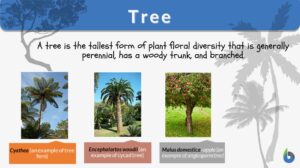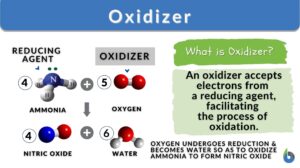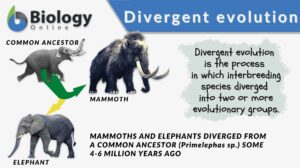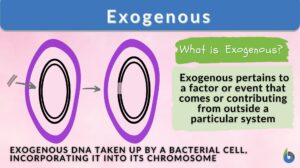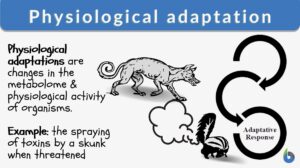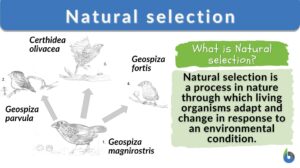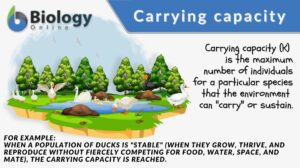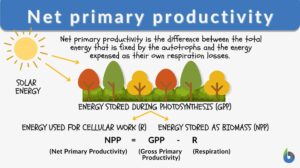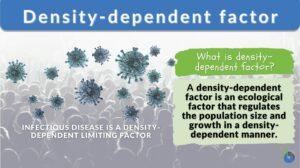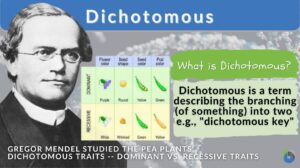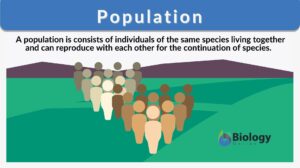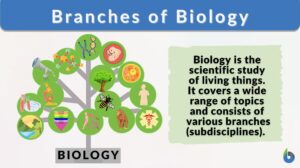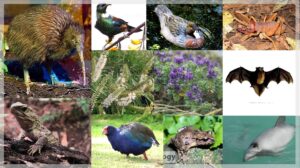Search Results for: environmental science
Environmental resistance
Environmental Resistance Definition Environmental resistance is such a process in which certain different elements or... Read More
Environmental Science
Definition noun The branch of science that deals with the physical, chemical and biological components of the environment... Read More
Biotic potential
When we look at the different forms of life, we often wonder how they have continued to exist one generation after another.... Read More
Environment
Environment Definition What does environment mean? If you mean physical environment, then it is defined as the surrounding... Read More
Contamination
Contamination Definition Contamination, sometimes interchanged with pollution, is the existence of live things or... Read More
Polygenic inheritance
Polygenic inheritance refers to the kind of inheritance in which the trait is produced from the cumulative effects of many... Read More
Non-sustainability
Non-Sustainability Definition Non-sustainability is the state in which human consumption or activities exceed the ability... Read More
Divergent evolution
Divergent Evolution Definition Divergent evolution refers to the process by which interbreeding species diverged into two... Read More
Physiological adaptation
If we look over evolutionary history, we find that it’s neither the most genius and intelligent nor the strongest and the... Read More
Residual volume
Residual volume is a term that is most often seen in lung physiology where it is defined as the amount of air remaining in... Read More
Natural selection
Natural Selection Definition What is natural selection in biology? Natural selection is defined as a process in nature... Read More
Decomposer
Decomposer Definition The organisms that carry out the process of decay or breakdown of the dead organism are known as... Read More
Infradian rhythm
What is the Infradian Rhythm? An infradian rhythm is a type of biological rhythm that lasts longer than 24 hours, with a... Read More
Carrying capacity
Carrying Capacity Definition What is carrying capacity? In biology and environmental science, the carrying capacity of a... Read More
Recalcitrant
Several words of the English language find wide usage in subjects as diverse as literature, science, social science,... Read More
Calvin cycle
Calvin Cycle Definition The Calvin cycle, also known as the Calvin Benson cycle or the dark reactions, is a series of... Read More
Pioneer species
You might have come across news of some barren lands turning into luscious grasslands or forests after decades? Or you might... Read More
Net primary productivity
In order to keep the biosphere running, different organisms play different roles and functions. Some help in oxygen... Read More
Genetic variability
Genetic Variability Definition Genetic variability refers to the tendency of individual genetic characteristics in a... Read More
Density dependent factor
Density-dependent factors are the limiting factors of an ecosystem that regulate population growth in a density-dependent... Read More
Dichotomous
Several English words are widely used across different fields of Science. One such term is dichotomous. We often use this... Read More
Population
Living organisms typically prefer to live, grow, and survive in groups. Except for some species that prefer solitude - both... Read More
Equilibrium
Equilibrium Definition In Biology Equilibrium refers to the state of balance and stability. In biology, equilibrium is... Read More
Branches of biology
What is a Branch of Biology? A branch of biology is a specialized field or a sub-discipline in a much broader field of... Read More
Sex Reversal – When Males Grew Ovaries Instead of Testes
Summary: Sex reversal is not unusual in some animals, especially in invertebrates. As for the vertebrates, there are... Read More
New Zealand’s Biodiversity
Written by: Maria Victoria GonzagaPeer-reviewed by: Cathy Buntting, Ph.D. and Andrea SoanesWhy is New... Read More
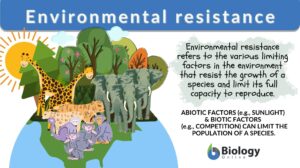

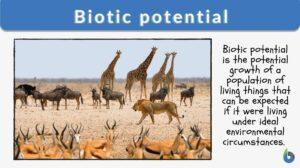
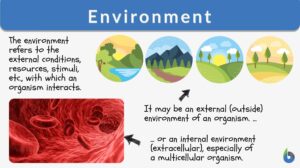
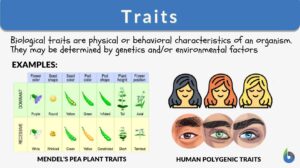
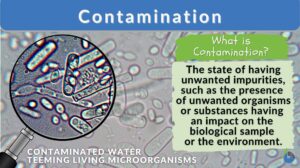

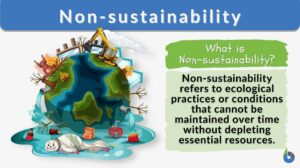
![Botany n., [ˈbɑt.ə.ni/] botany definition and example](https://www.biologyonline.com/wp-content/uploads/2019/10/botany-definition-and-example-300x168.jpg)
